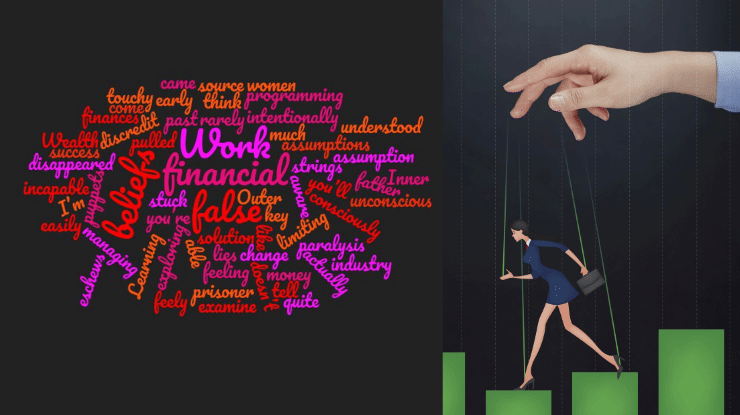I’ve been turning to A Course in Miracles a lot more these days. I may not be able to control current events, but, as the Course constantly reminds me, I can train my mind to control how I react to them.
This teaching has come in quite handy during the pandemic. Miraculously, in the midst of all the madness, I’ve managed to find serenity.
“Your ability to redirect your thinking,” the Course exclaims, “is the most powerful device that was ever given you for change.”
The ability to redirect your thinking is based on what the Course calls “the most important concept that exists in the universe:” The Law of Cause and Effect. The Course explains this law very differently from the world’s Newtonian version.
To the world, a cause is an external incident which produces an internal effect. The market crashes (cause) and you panic (effect). Your boss complains (cause) and you get upset (effect).











